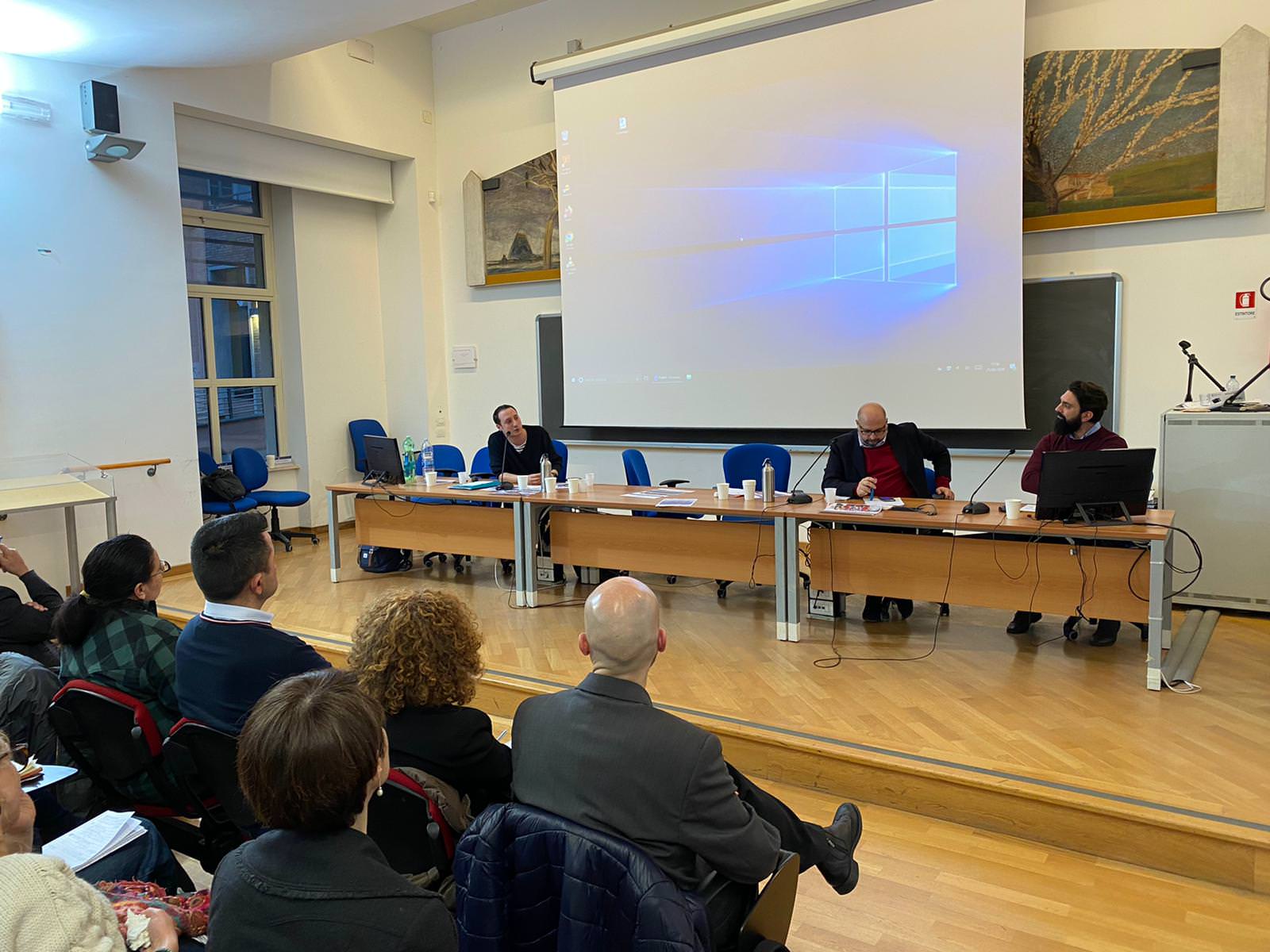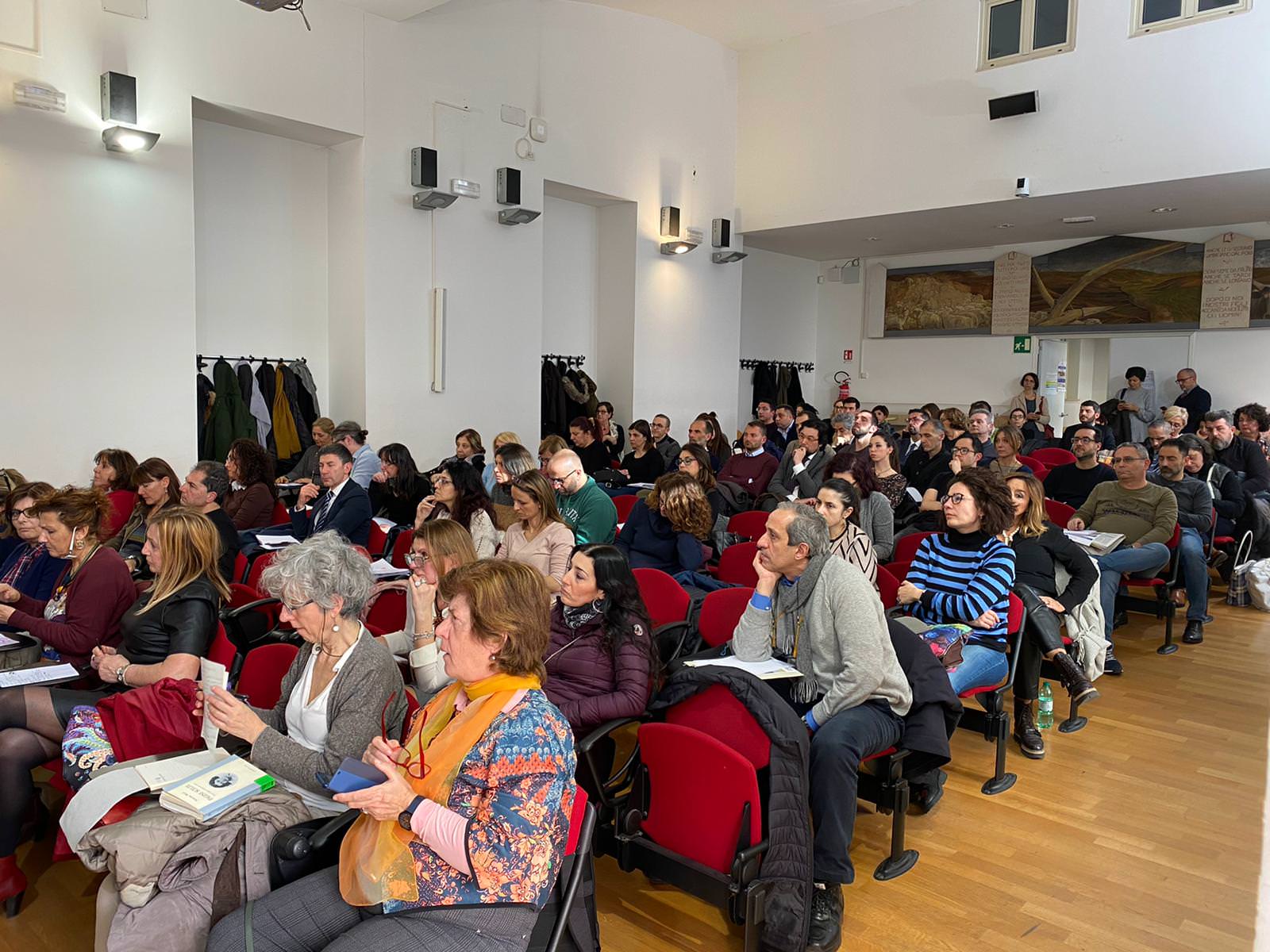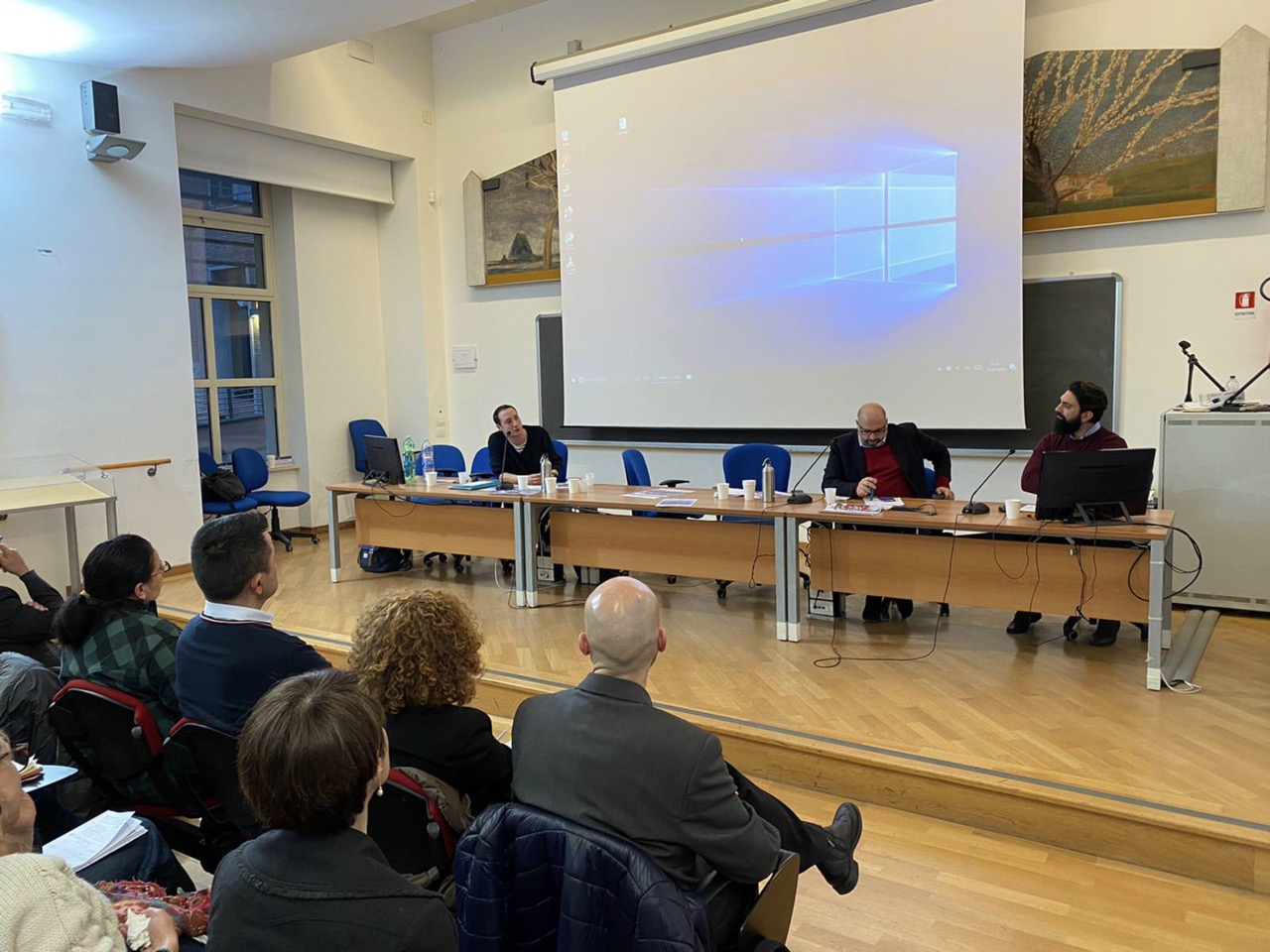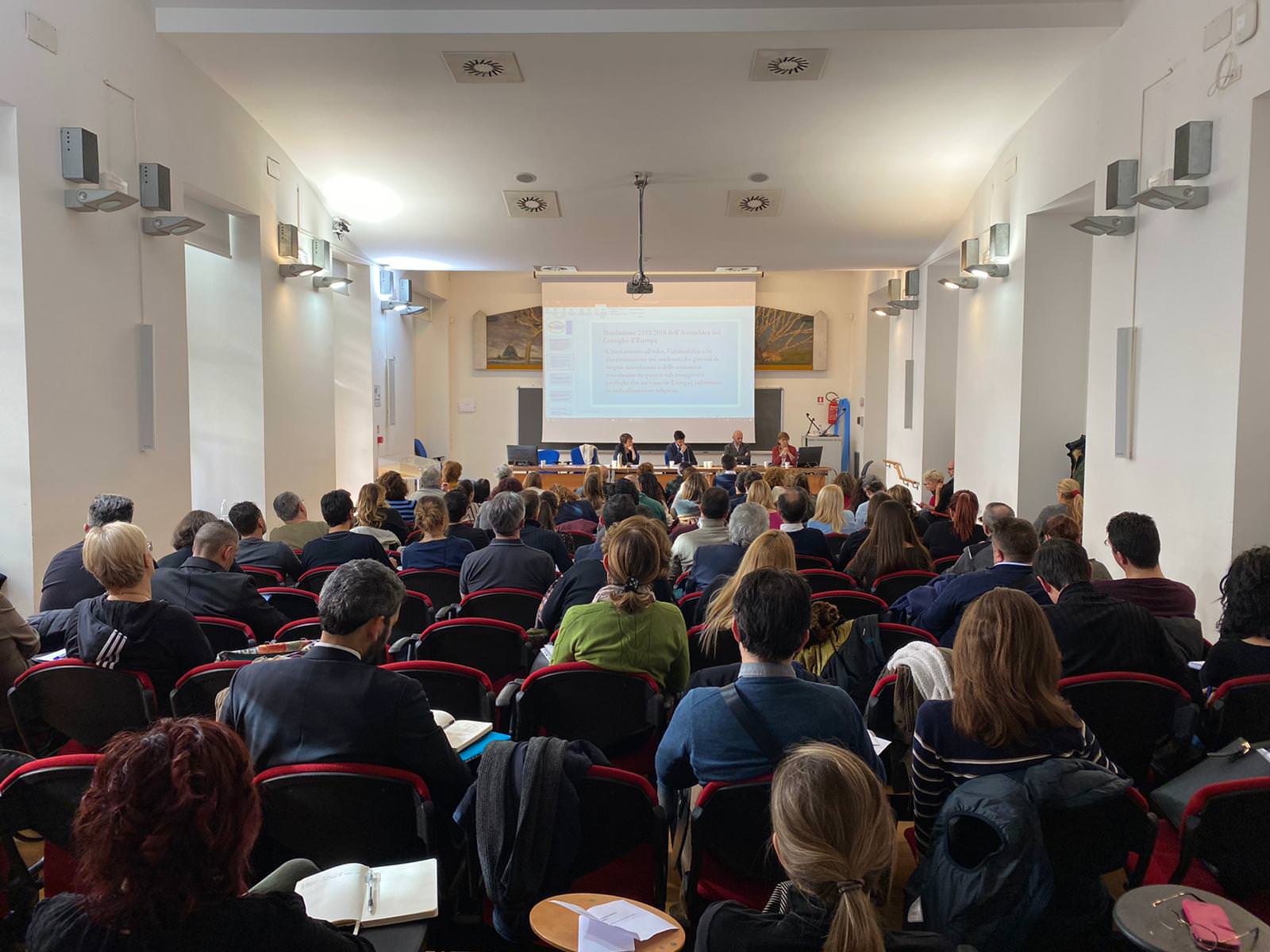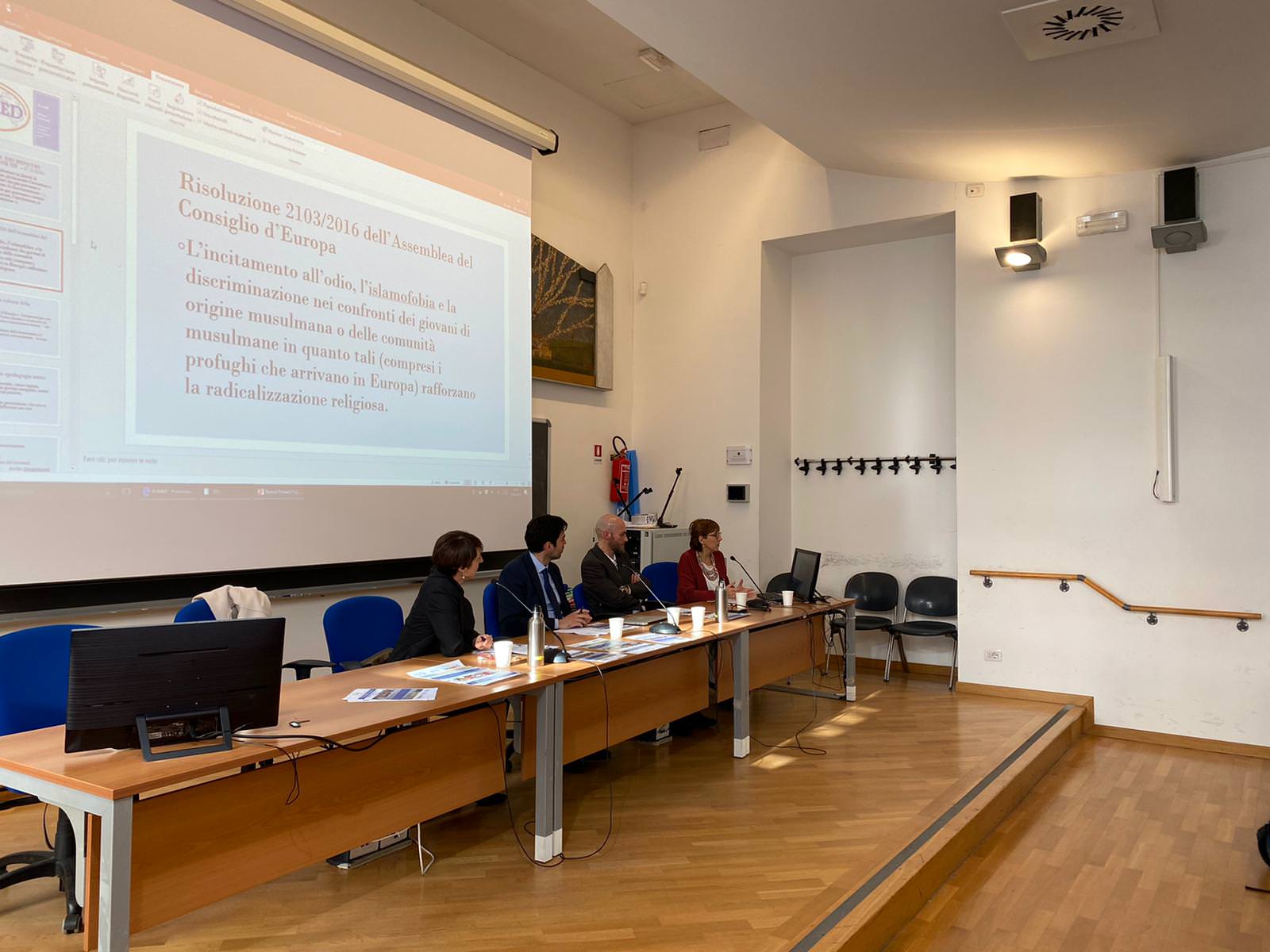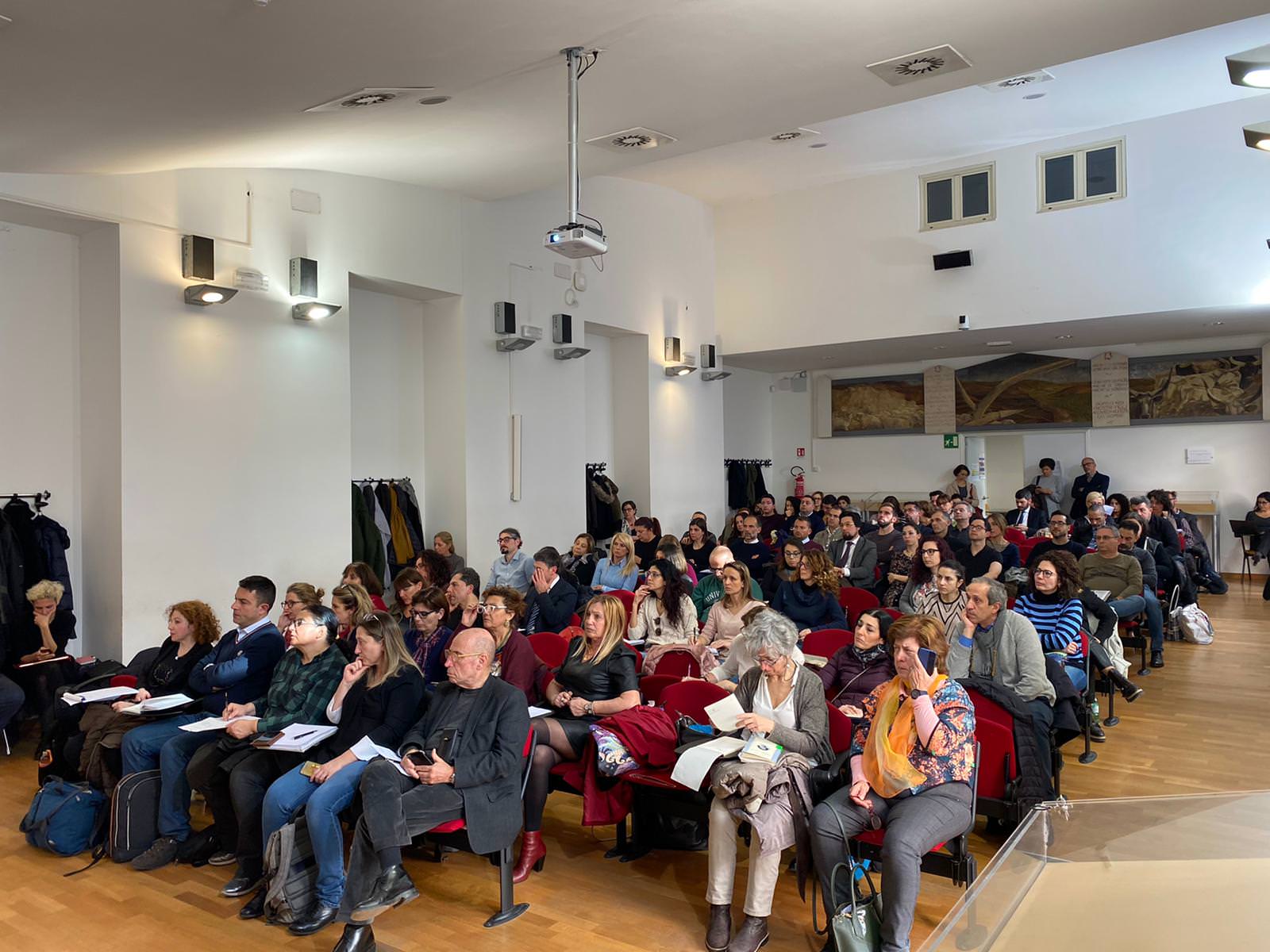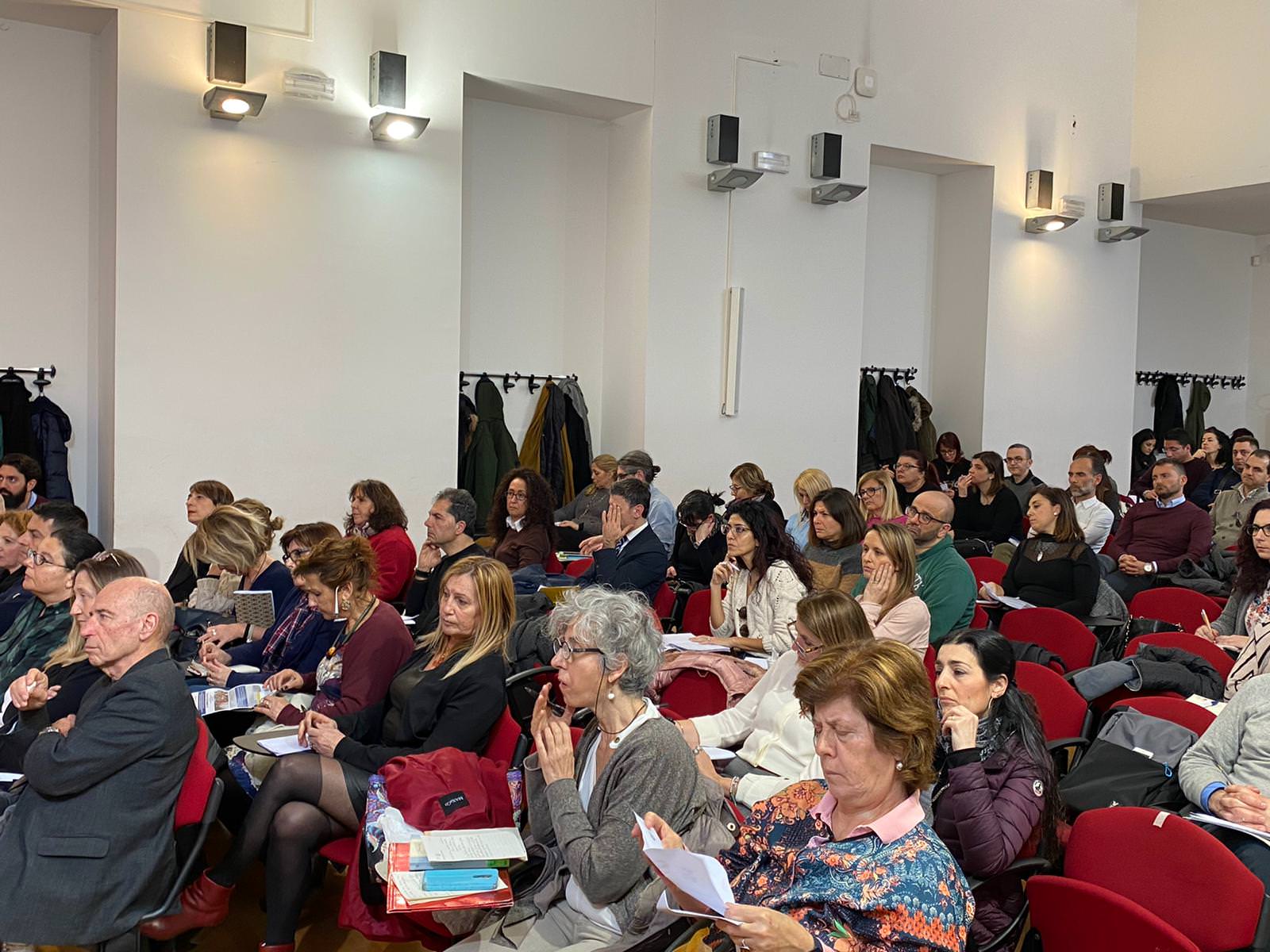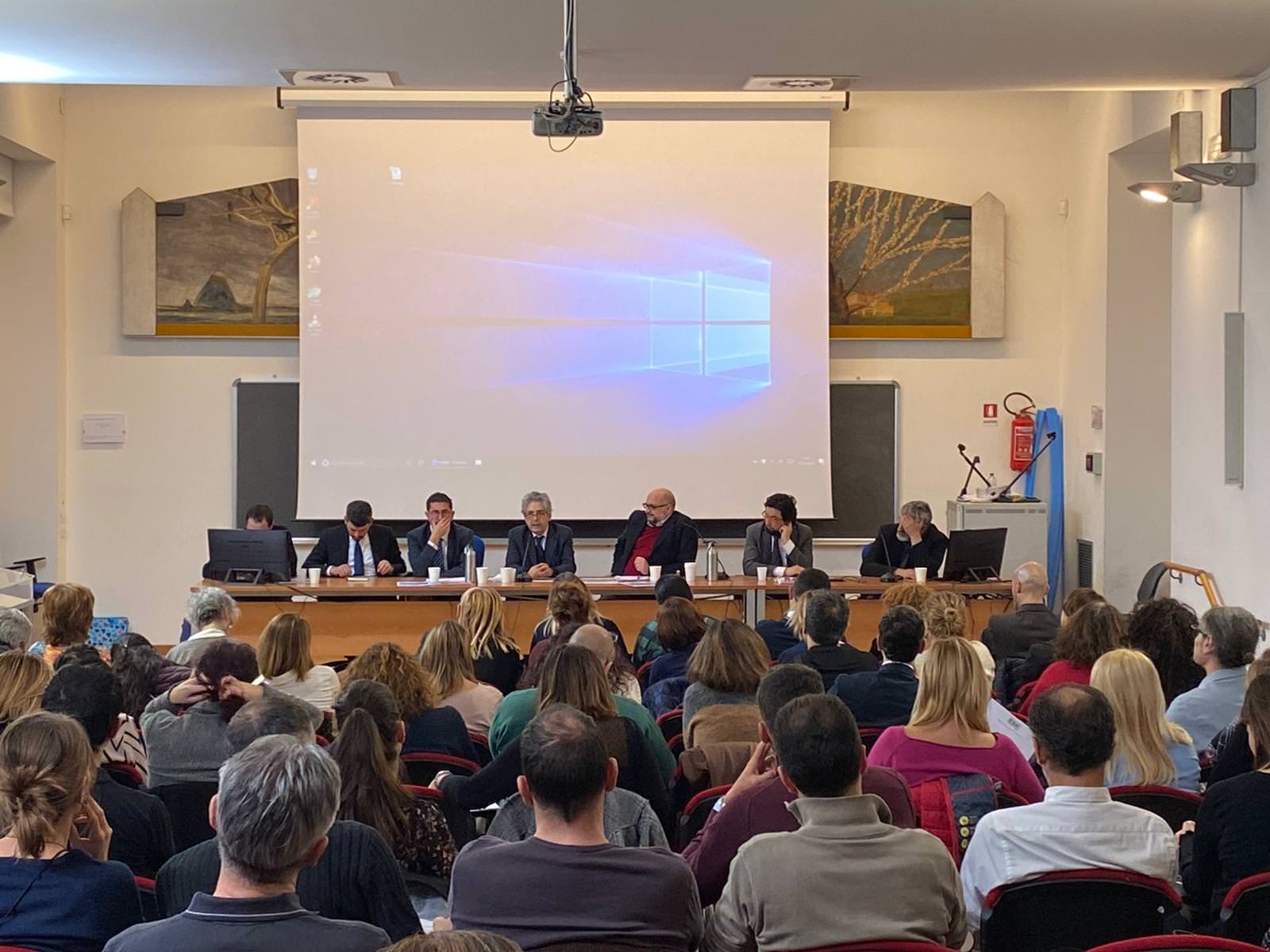Hight training courses for
PUBLIC ADMINISTRATION OPERATORS
COURSE 1
PUBLIC ADMINISTRATION
State University of Milan; Bicocca University of Milan
COURSE 3
PUBLIC ADMINISTRATION
University of Bari “Aldo Moro”;
University LUM -Jean Monnet – University OCI
The course is aimed at officials of local and regional authorities, prefecture officials, school and university staff. In each location, the High Level Training activity aims to provide the administrative staff involved with the analytical and operational tools necessary for effective and inclusive administrative action in multicultural and multireligious societies. The course will be delivered in the quarter September-November 2019 in the three locations.
The topics addressed will be as follows: general identification of religious
needs.
The topics covered will be as follows: the general identification of individual and collective religious needs
also through a comparison with European experiences; the analysis of the competencies and institutional relationships between the different territorial public administrations and the role of the central administration of the State with the related issues related to improving coordination between the different levels and the provision of adequate levels of performance; the issue of housing for worship and cemetery areas; issues related to the administrative management of religious needs in schools; issues related to religious needs food; the issue of religious associations and partnerships with public administrations; the issue of cd. mixed families.
The analysis of the emergence of Islam in Italy, the forms of settlement and socio-religious organization will be conducted in the light of migration and demographic processes, so as to provide the essential tools for a framework of religion in contemporary Italian society. From the knowledge of the fundamental principles we will move on to the acquisition of knowledge and skills on the effects of religion in social relations and in the daily life of the believer. A focus on the halal/haram dichotomy and the theme of purity will allow for a critical consideration of the more pragmatic aspects of Islamic life and the concrete effects on individual and family needs, from dietary needs to halal pharmacology, from health care to personal care, from childhood to adulthood and old age.




